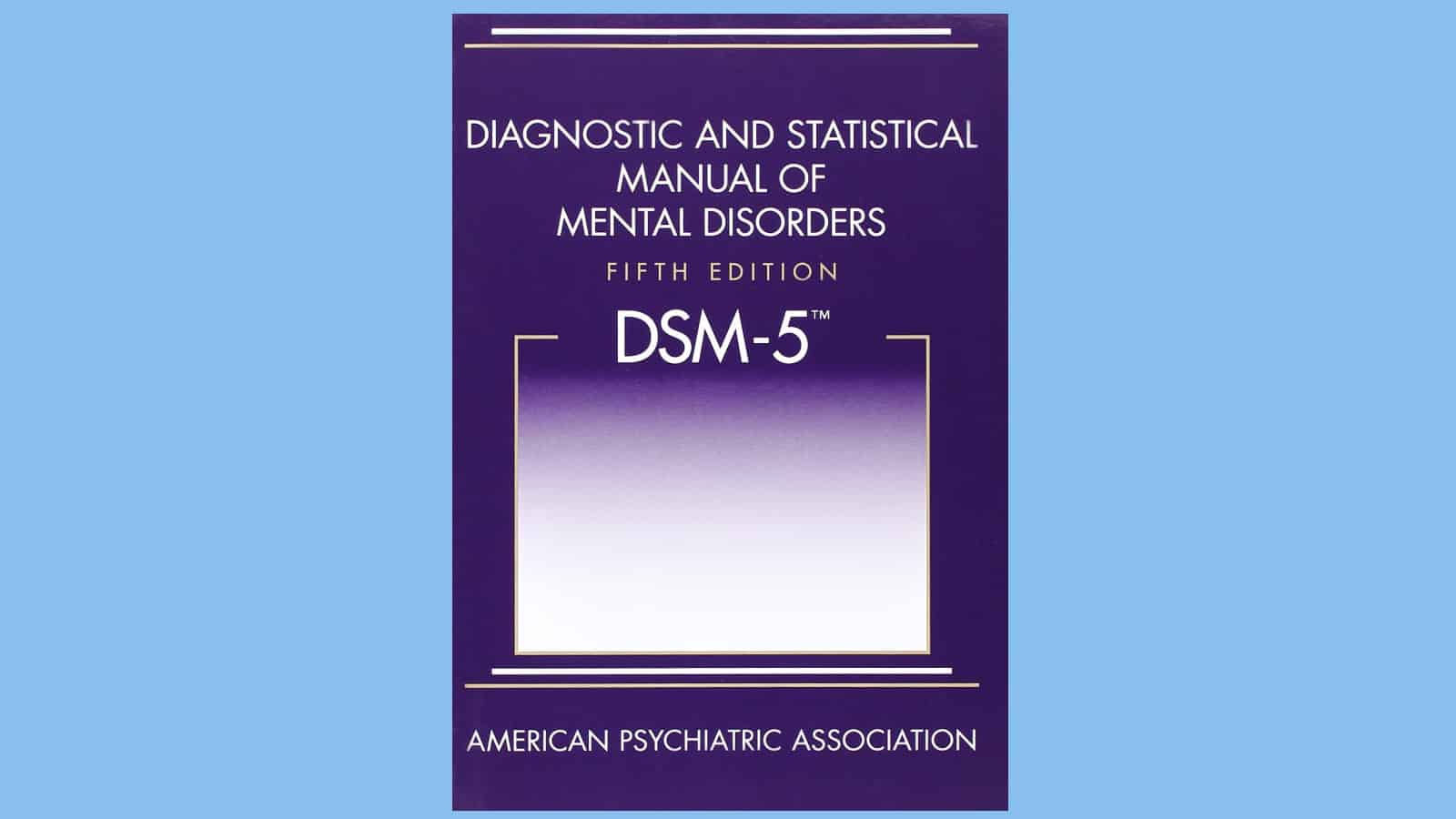ADHD diagnosis criteria
Clients see real wins in weeks - focus develops, goals stick, success grows

In the USA these criteria are laid down by the American Psychiatric Association in their Diagnostic and Statistical Manual of Mental Disorders (DSM-IV), 4th edition, the next revision DSM V, is due in 2012. UK psychiatrists use this along with the NICE guidelines on ADHD and other list criteria (such as the WHO list) and a personal history for diagnosis.
According to the APA, many of the symptoms of ADHD occur from time to time in everyone; in people with ADHD, the frequency of these symptoms is greater and significantly impairs their life. This impairment must occur in multiple settings to be classified as ADHD. In the DSM-IV criteria listed below, three types of ADHD are classified:
The previously used term ADD expired with the most recent revision of the DSM. Consequently, ADHD is the current nomenclature used to describe the disorder as one distinct disorder which can manifest itself as being a primary deficit resulting in hyperactivity/impulsivity (ADHD, predominately hyperactive-impulsive type) or inattention (ADHD predominately inattentive type) or both (ADHD combined type).
A – Six or more of the following symptoms of inattention have been present for at least 6 months to a point that is disruptive and inappropriate for developmental level:
B – Six or more of the following symptoms of hyperactivity-impulsivity have been present for at least 6 months to an extent that is disruptive and inappropriate for developmental level:
II. Some symptoms that cause impairment were present before age 7 years
III. Some impairment from the symptoms is present in two or more settings (e.g. at school/work and at home)
IV. There must be clear evidence of significant impairment in social, school, or work functioning
V. The symptoms do not happen only during the course of a Pervasive Developmental Disorder, Schizophrenia, or other Psychotic Disorder. The symptoms are not better accounted for by another mental disorder (e.g. Mood Disorder, Anxiety Disorder)
Andrew Lewis is an Adult ADHD Coach, writer and founder of SimplyWellbeing. He has over 16,000 hours of experience in coaching over 600 adults with ADHD. Andrew helps entrepreneurs and creatives with ADHD thrive and achieve wellbeing and is always happy to have a free chat to discuss coaching. Andrew ran a major ADHD support group and even an ADHD diagnostic clinic for a while. Andrew is an adult ADHD Coach backed with business expertise from a twenty years career in software, from roles in programming, through marketing, sales at IBM, then to running a few software start-ups.